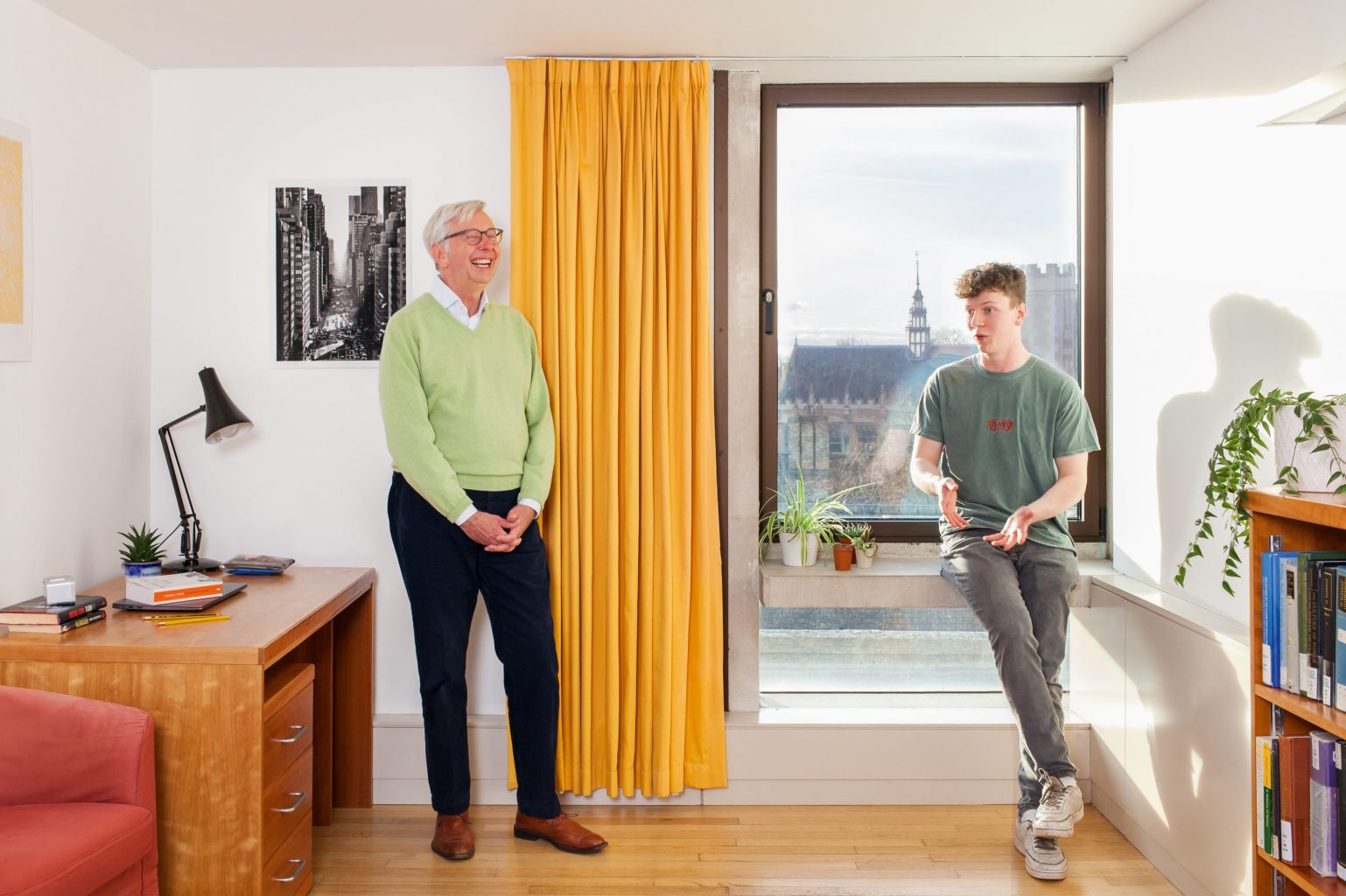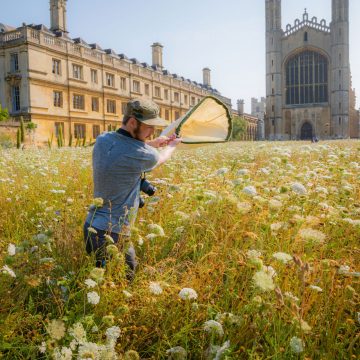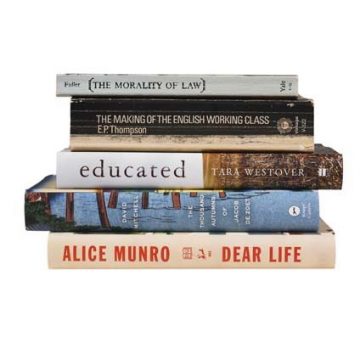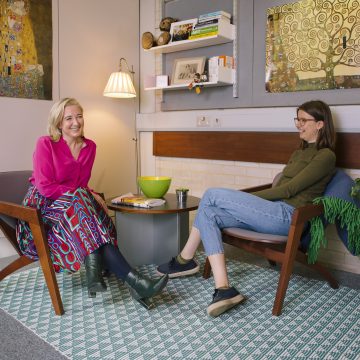Vice-Chancellor, Stephen J Toope: D16, Wolfson Building, Trinity
The Vice-Chancellor, Professor Stephen J Toope, and first-year History student Joseph Crouch discuss the joys of central heating and rooftop views.

Back in 1983, when the young Stephen Toope first heard he was on en route to Cambridge to study for his PhD, he felt some trepidation. “I was expecting a very uncomfortable existence and packed lots of jumpers,” remembers the now Vice-Chancellor Toope. So D16 in the Wolfson Building came as something of a surprise. “I’m going to sound terribly North American, but I was happy with a room which was comfortable and well-heated and had plumbing that worked well.”
Current occupant Joseph Crouch (History, First Year) admits to similar concerns when he heard he had won a place at Trinity. “I’ve visited those rooms with high ceilings and stone steps which you have to navigate at 2am to get to the toilet. When I found out I was coming to Trinity, I did think I was going to have a similarly uncomfortable existence.
But this is much more modern and homely.” The Wolfson Building is, in fact, even more comfortable now than it was in 1983. It’s Toope’s first time back in the building since he returned to Cambridge five years ago, and he approvingly notes the changes. “Skylights! A lift! And what looks like much better kitchen facilities, I think.”
But the room – with its white paint, orange curtains and window framing a spectacular rooftop view of the city – has barely changed. “It all feels very familiar,” Toope says. He brought, along with the jumpers, his beloved collection of music cassettes (“That dates me!”) taking in everything from classical to jazz to Stevie Wonder. And lots of novels: Dickens, Eliot and Atwood. “I’m a book person, so it just feels good to have books around,” he says.
“I knew I was going to get a lot more books when I was here, but they would all be focused on my work. I wanted to have things about me which made me feel more like a human being and less like a student.”
Crouch brought a coffee machine and his trumpet: despite being a classical and jazz enthusiast, these days, he points out, all the music you could ever need is on your phone. “It’s actually pretty hard to transport your stuff here, so I try not to bring too much,” he says. And then of course, there’s always live music. “Jazz is much less regimented and easier to practice,” he says. Toope, meanwhile, threw himself into theatre for fun, notably productions of Chekhov’s Three Sisters and Arthur Miller’s The Crucible. “It was just a great way to meet people. That was one of the reasons I wanted to come to Cambridge, because it attracted people from all over the world.”
Crouch is currently enjoying the freedom to explore his subject. “I’m surrounded by people who have such a vision of where they want to go and what they want to do, and I can’t fault that – but it’s not something I have,” he says. “Having goals and ambitions is great but having openness and adaptability is the best way for me to think about the future.”
Toope’s Cambridge experience was very different. He came to Cambridge with a very particular goal in mind: he wanted to work with his PhD supervisor, Professor Sir Derek Bowett, who gave him, he says, a model of how to be an academic. “He was just wonderful intellectually, but also encouraging and challenging.”
So when he left D16 did he ever imagine that he might one day walk back in as the University’s Vice-Chancellor? “Not in a million years,” he says. “But life takes you in surprising directions. And I now know not to get too wrapped up in thinking there is only one trajectory out of what you’re doing. I speak to many students who feel that if something doesn’t happen – like not getting into a particular course or college – their whole life is derailed. I’d advise against overplanning – chances are that you’re going to get knocked off course. All this,” he adds, gesturing towards the walls of D16 and the city beyond them, “this was never planned.”
Professor Toope will step down this September. Joseph Crouch is a music enthusiast and a member of the University Jazz Society and the Trinity College orchestra.







